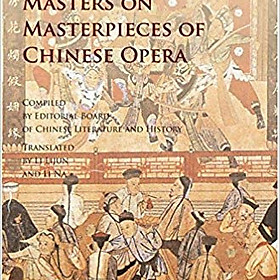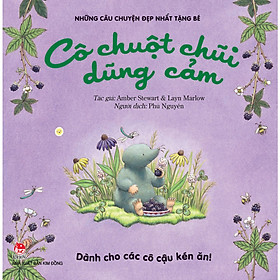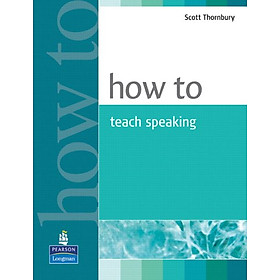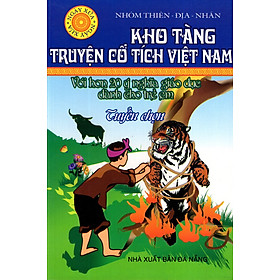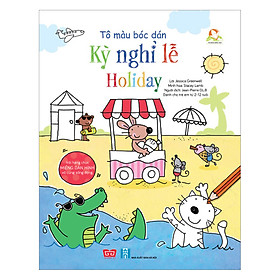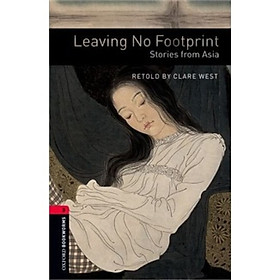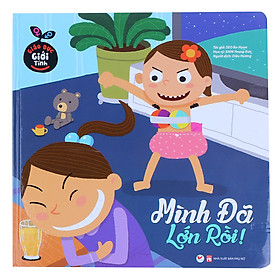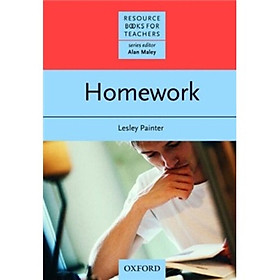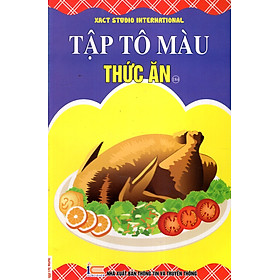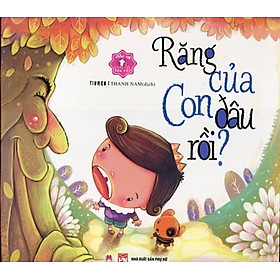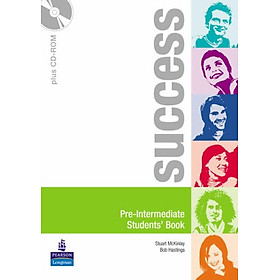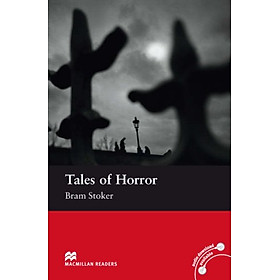Masters On Masterpieces Of Chinese Opera
EditorialReviews The book includes both overviews on the development and artistic features of the Chinese operas and specialized introduction to the roles, types and representative works of the...
ISBN-13: 978-7508533216
SKU: 5067338964935
EditorialReviews
The book includes both overviews on the development and artistic features of the Chinese operas and specialized introduction to the roles, types and representative works of the operas. It is a good guide book for readers to understand the Chinese operas and culture.
The classical Chinese opera, the ancient Greek play and the Indian Sanskrit drama are known as the “three greatest ancient theatres in the world”. For more than 800 years, the classical Chinese operas have been developing with their fundamental forms retained. Based on a brief introduction to the development and main characteristics of the Chinese operas, the book provides analysis on a number of representative opera works from different perspectives, such as literature and performance. For foreign readers, it is a good work for learning about how to enjoy the Chinese operas in a better way.
Author
Editorial Board of Chinese Literature and History: Since the first issue of the Chinese Literature and History magazine, the Editorial Department has been embracing the principle to invite highly proficient experts to write easy-to-understand articles to introduce and review the excellent traditional Chinese culture in simple language. Therefore, the magazine has won wide acclaim in the academic circle. It has attracted a great number of Chinese authors, who are top experts in literature and history. Its content covers all aspects of traditional Chinese culture. Its articles are highly informative, interesting and academically outstanding. The adoption of the way to explain the profound in simple terms make the articles suit both refined and popular tastes.
Catalog
Types of Roles in Operas
“Seven Hang and Seven Ke”
Talks about Youling
Relationship between Actresses and Prosperity of Opera in the Yuan Dynasty
Talks about “Good” Opera Performers
Sichuan Opera
The Battle between Kunqu Opera VS. Local Opera and Conception beyond Image
“Raotou Opera”
Discussions about TiaoLingGuan
Facial Makeup
On Cultural Relics of Traditional Operas and Their Research Value
Pujiu Temple: The place for True Love
Types of Roles in Operas
“Seven Hang and Seven Ke”
Talks about Youling
Relationship between Actresses and Prosperity of Opera in the Yuan Dynasty
Talks about “Good” Opera Performers
Sichuan Opera
The Battle between Kunqu Opera VS. Local Opera and Conception beyond Image
“Raotou Opera”
Discussions about TiaoLingGuan
Facial Makeup
On Cultural Relics of Traditional Operas and Their Research Value
Pujiu Temple: The place for True Love
Digest
The Battle between Kunqu Opera VS. Local Opera and Conception beyond Image
Zhang Fuzhi
The battle between Kunquo pera and local operas
During the reign of Emperor Qianlong, the emperor would pass Yangzhou on each southern inspection tour. Some of the local tycoons invested a lot of training theatrical troupes to please the emperor, so there were dozens of stages set up on both sides of the Grand Canal as Emperor Qianlong’s dragon boat went by. Both designed troupes for Kunqu Opera and local operas could been found on the stages. Since its elegant lyric and melody, Kunqu was called “Yabu (Ya means elegance in Chinese)” and also regarded as orthodox; while the variegated and miscellaneous local operas were collectively called “Huabu (Hua has the meaning of ‘miscellaneous’ in Chinese)”. There was a local opera in Yangzhou named “Luantan” (literal meaning is ‘random’ in Chinese, now it refers to general term for Chinese opera melodies) which regarded as the antonomasia of “Huabu”, so the saying “Huabu Luantan” emerged. Using “Luantan” referring to “Hua” had already been an implied derogatory saying, however, the battle between Kunqu opera and local operas was much more acrimonious. Not only in Yangzhou, in many major cities especially in Beijing, this battle was always very fierce, which constitutes the famous “battle between Kunqu opera and local operas” in the history of opera.
Jingqiang was the first to contest with Kunqu opera in the capital. Jingqiang was a new type of opera after Yiyangqiang introduced to Beijing which singing in the northern dialect. Because of its high-pitched and resounding singing tune, Jingqiang was also known as “Gaoqiang (means high-pitched tune in Chinese)”. After Emperor Qianlong, Jingqiang show once formed the prosperous situation of “the famous six troupes performing back and forth among nine stages”, forcing Kunqu have to hide itself. However, after entering the palace and co-staring with Kunqu, Jingqiang was more and more normative and gradually lost its features of rough and simple while in the folk, thus its vitality was getting weaker by the day.
Next, Shaanxi Opera took the field. In the 44th year of reign of Emperor Qianlong (1779), a famous dan (the female character type in opera) actor of Shaanxi Opera named Wei Changsheng performed in Beijing with the work of “Gunlou” which created a great sensation in the capital, then Shaanxi Opera flourished. It gave a huge threat to Kunqu who dwarfed other operas as “orthodox”. There scared the bigwig who boasted themselves with “elegance” and the Qing government even banned Shaanxi Opera’s performance in Beijing in the name of “correcting custom and avoiding obscenity” and forced Wei Changsheng to leave Beijing as well.
However, the high-handed policy did not suppress the rise of local operas who had tenacious vitality. Finally in the 55th year of reign of Emperor Qianlong (1790) when it was Emperor Qianlong’s 80th birthday, Sanqing Anhui opera troupe came to Beijing to celebrate the birthday with their performances, which made Huabu take root in Beijing. Although in the third and fourth years of Emperor Jiaqing’s reign (1798 and 1799), they banned Huabu opera outside of Kunqu and Yiyangqiang twice, the flourish momentum of Huabu was irreversible. During the reign of Emperor Daoguang and Emperor Xianfeng (1821-1861), Anhui opera troupes absorbed a large number of artists in the field of Handiao Opera and Shaanxi Opera, thus greatly enriched the repertoire and performance methods and its performance was more loved by a broad audience. With the confluence of Anhui opera, Handiao opera and Shaanxi Opera, the new generation of opera — Peking Opera was born.
……on



Giá sản phẩm niêm yết của Education - Teaching Masters On Masterpieces Of Chinese Opera trên các sàn TMĐT đã bao gồm thuế theo luật hiện hành. Tuy nhiên tuỳ vào từng loại sản phẩm hoặc phương thức, địa chỉ giao hàng mà có thể phát sinh thêm chi phí khác như phí vận chuyển, phụ phí hàng cồng kềnh, ...
Mức giá và các nhà cung cấp được liệt kê tại đây chỉ dùng để bạn tham khảo. Khi quyết định mua hàng bạn cần xem xét thêm về đánh giá của khách hàng tại shop đó. Sau cùng bạn chọn mua sản phẩm từ nhà cung cấp mà bạn cho là uy tín nhất với mức giá hợp lý nhất. Chúng tôi không trực tiếp bán hàng cũng như vận chuyển và không chịu bất kỳ trách nhiệm nào về quyết định mua hàng của bạn.
| ISBN-13: | 978-7508533216 |
|---|---|
| SKU: | 5067338964935 |

